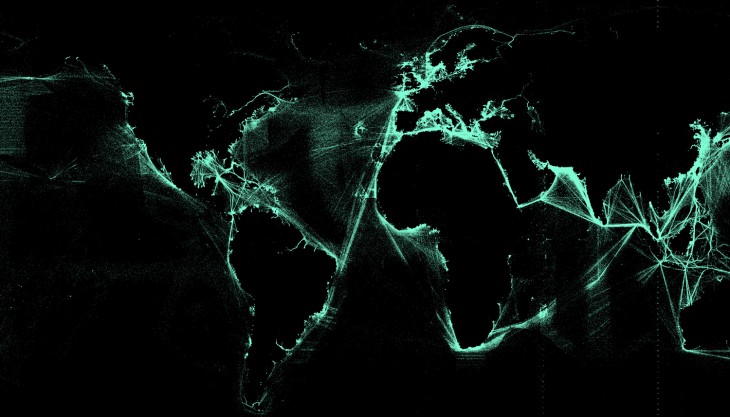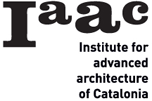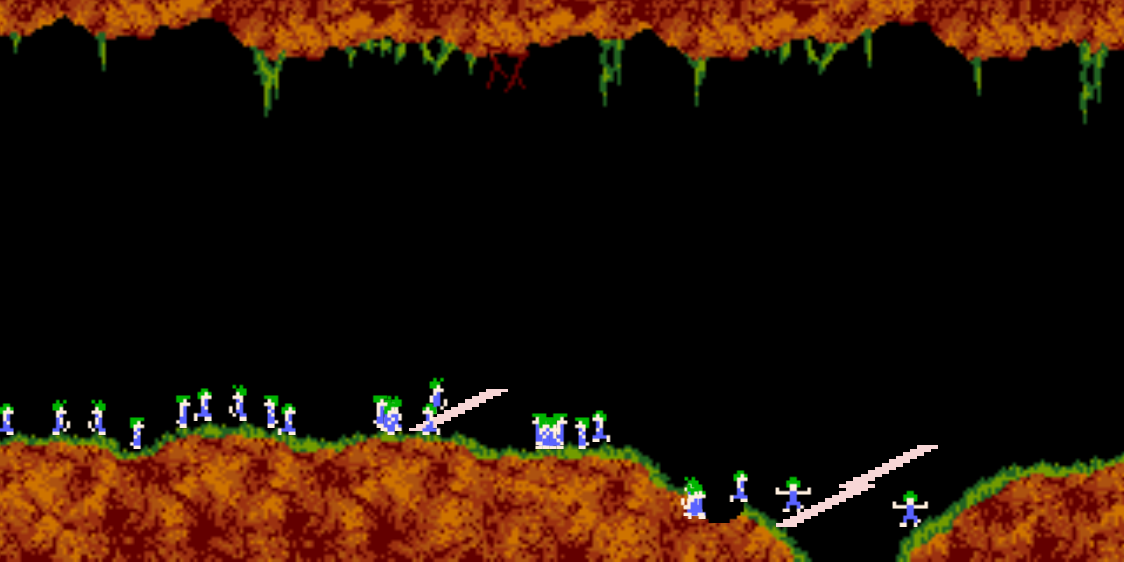In the beginning of the last century D’Arcy Thompson arose question what is quite related to nowadays. In his book “Growth of Form” he devote a huge part to method of explanation of transformations biological shapes and forms using mathematical methods and physics. In his “Theory of transformations or comparison of related forms” he gave mathematical descriptions on how physical processes affect biological growth. D’Arcy Thompson considered how mathematical functions could be applied to pictures of one living organism to transform them into others. Read More
D’Arcy Thompson “Growth of form”. Theory of transformations or comparison of related forms.
The harvester building cities
from “Emergence: The Connected live of Ants, Brains, Cities, and Software” by Steven Berlin Johnson. 2001
Chapter Number 2 – Street Level -
Collective intelligence is based on the concept of “swarm logic” where the resolutions and decisions made by individuals are produced from their relationships with others without knowing the outcome or consequences of their actions on a global scale.
Steve Johnson in his book “Emergence” explained through the analysis of an ant colony, the importance of the actions of individuals and their effects at different scales through various examples: he shows how ants seeking the shortest route to stock food, how to prioritise resources to food access taking into account the distance and the easiest access, or how to change their tasks according to the external conditions of their individual activities. Read More
Microstupidity renders macrointelligence
LOCAL INTERACTION + INPUTS OF GLOBAL INTELLIGENCE (THE PLAYER)
The video game Lemmings has the basic idea, lemmings have no brains, they have no decision-making mechanisms and for that reason the player has to assing the lemmings some tasks, as they walk constantly around. If there is a stair, they climb, if there is an obstacle they turn around, if there is a gap, they fall and die. The user input is to give them specific tasks to make them survive with no brains at all. Assign some task to some of them, sacrifice some of them for the good of the whole family.
LEMMINGS (VIDEO GAME) http://en.wikipedia.org/wiki/Lemmings_%28video_game%29
HAVE SOME FUN HERE http://www.elizium.nu/scripts/lemmings/
LOCAL INTERACTION CREATING GLOBAL INTELLIGENCE
No brain single cell organism makes you find the best way may be?
The emergence of intelligence from little rules and local interactions, as happening on the street level in bigger organism like the “city” where people are living together occasionally or on purpose. The text from the book EMERGE from STEVEN JOHNSON makes the question appear: Where does the organism start and what is the motivation of the smallest element.
Rhizomatic thoughts
“Greg Lynn, Blobwall”, taken from web “< http://www.tba21.org/collection/artist/681/artwork/560> accessed on 22/11/2013″
“Greg Lynn, Blobwall”, taken from web “< http://glform.com/environments/blobwall/> accessed on 22/11/2013″
A thousant Plateaus, Plateau 1; Rhizome, Gilles Deleuze – Felix Guattari, 1987
In this plateau, “Rhizome”, Deleuze and Guattari discuss about different ways of thinking and conception of knowledge in philosophical terms. The authors oppose two fundamental systems of thought; the arborescent and the rhizomatic.
Vertical hierarchies, binary logics, linear connections and biunivocal relations are formed from antiquity and all disciplines (biology, literature, politics, phycology etc.) have been based on these. Nonetheless, world has changed radically through the past decades and what we use to take for granted should be questioned. How can we continue thinking like our ancestors when connections in our society have become non-linear, multiple and complex?
Parametricism – A New Global Style for Architecture and Urban Design
Patrik Schumacher, 2008
 image: Politics of Parametricism, conference by Matthew Poole and Manuel Shvartzberg
image: Politics of Parametricism, conference by Matthew Poole and Manuel Shvartzberg
Patrik Schumacher’s Parametricism – A New Global Style for Architecture and Urban Design is a clear statement of how he visualizes the architecture world today. To him, social complexity defines the relation between architecture and urbanism through parametricism; it is beyond style, it is a continuous research line… Read More




